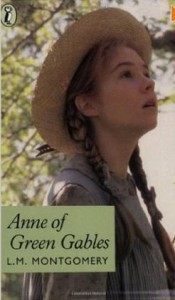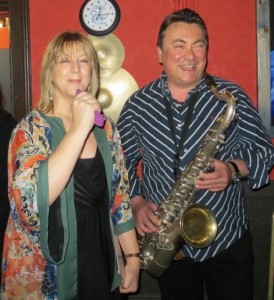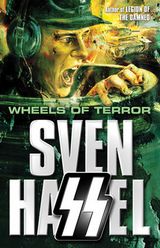Into my heart an air that kills from yon far country blows. What are those blue remembered hills? What spires, what farms are those? That is the land of lost content, I see it shining plain; The happy highways where I went and cannot come again.
I can’t really remember when or where I first heard Housman‘s A Shropshire Lad. That’s as it should be, indefinite, always there, underneath everything, the landscape in my heart.
The rest of the poem goes on a bit, but those lines come back to me again and again. I’m not from Shropshire and those lines weren’t written there either, whatever Claire thought in Not Your Heart Away, if ‘thought’ isn’t too strong a word for her off-her-face recollections one evening in a mythical country pub.
The pub I described in the book really did exist once, making it a real land of lost content. It really was called the Red Lion – I’m not an imaginative writer. It was made of stone in a village that once used water from the nearby river on the very edge of the Mendips to power a mill that made broadcloth, the stuff (and it was properly called ‘stuff’) that made hunting pink riding coats and billiard table covers, wool that was teased out with teasles, hence the name, then cropped with eight-foot long shears worn around the waist then hammered flat over and again until it was dense, hard-wearing. It all ends in the beginning though, that story. The whole point of the mill was to provide power and once that walk starts it ends with the shearers replaced by machines, as Thomas Helliker, our local martyr found.
The Red Lion
But we didn’t know any of that in the Red Lion, not then. The only food they sold was crisps, Kit-Kats and Mars bars, the way country pubs always used to. Then peanuts came along and the rot set in. The next thing was the amazing thing, the Star Trek invasion. Somehow the Red Lion owner got hold of probably one of the first microwaves in the universe. It only cooked one thing, plastic-wrapped cheese and onion sandwiches that were microwaved in the bag. People used to watch it being done, the microwave machine behind the bar where everyone could see it. We made our own entertainment in those days.
Someone tried to organise a school reunion ten years ago and phoned the Red Lion to see if we could hold it where we’d spent so much of our school time, at least in the evenings and weekends. There was a big fireplace, a door at the front and another, the one everyone used, at the back leading into the car park that was more like a little wood than anywhere you’d leave your car now. It was warm in the winter and cool in the summer. Nobody bothered anyone. You could have a conversation if you wanted one and be left alone if you didn’t. On Friday and Saturday nights it was literally wall-to-wall people in all three rooms of the pub. Cars were borrowed, crashed, had their rusting sills ripped off on the stones that bordered the grass, abandoned with the doors open and lights on and even sometimes parked normally in the car-park. Love affairs started, flourished, turned into disappointment or jealousy and ended in that pub. It’s possible that whole lives started there too, but that was nothing to do with me even if I did know exactly who was involved in that particular episode.
The Red Lion shut over a decade ago. There’s another pub called the Red Lion just over a mile away but it’s not the same. It never was. It just wasn’t the one you went to. Was it so good because of the place, or the people who went there? It’s something I’m asking myself more and more these days. And more and more I’m thinking the land of lost content is a place in your heart, not anywhere you can find on a map.







